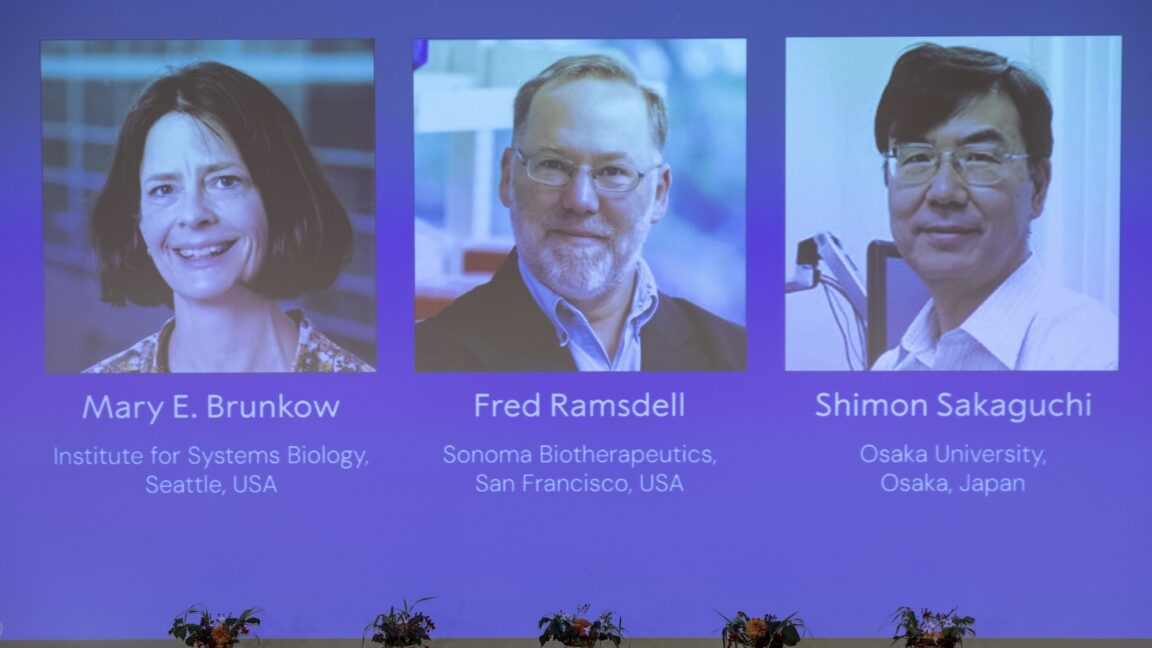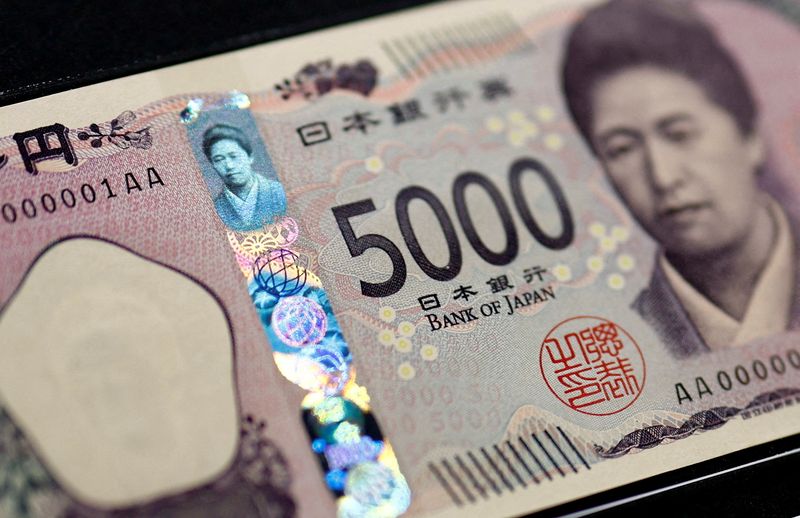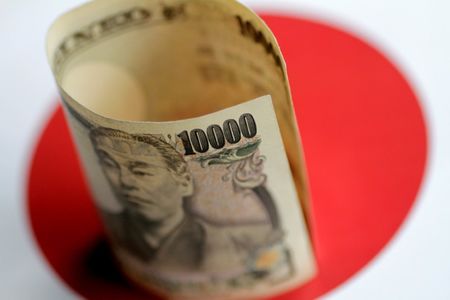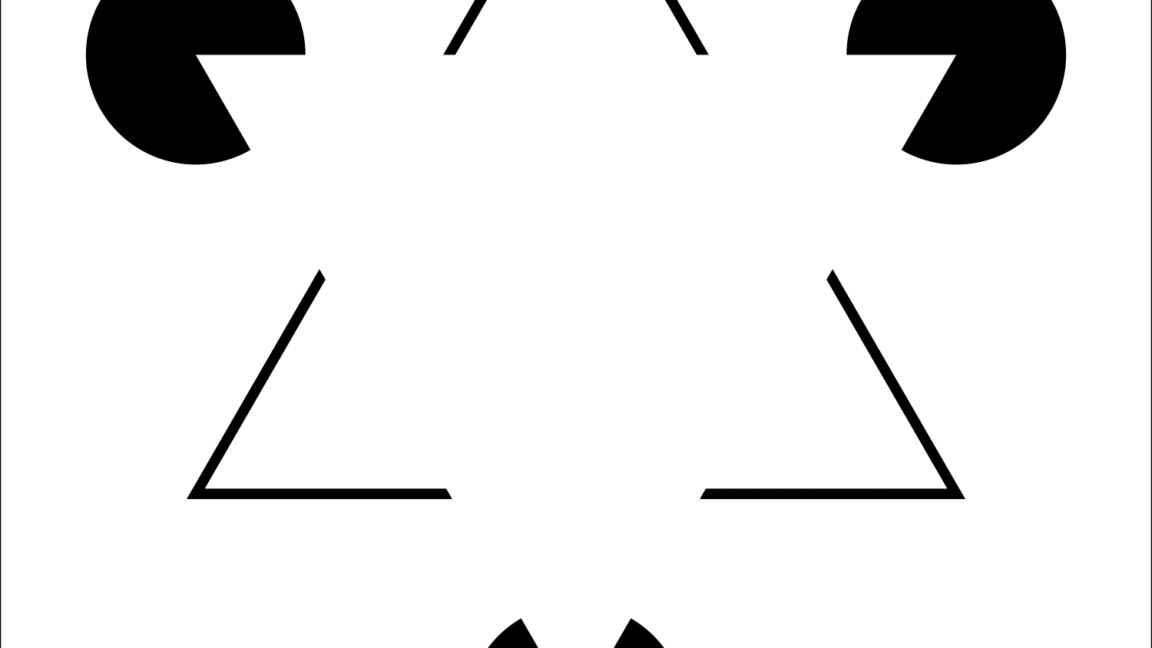Discovery of cells that keep immune responses in check wins medicine Nobel Prize

Mary Brunkow, Fred Ramsdell, and Shimon Sakaguchi were awarded the 2025 Nobel Prize in Physiology or Medicine on Monday for their collective work in the discovery of specialized immune cells that roam the body and keep potentially harmful immune responses in check—preventing them from attacking the body directly (autoimmune responses) or causing harm with overzealous responses to invaders. Those specialized cells—regulatory T cells—are now well established as playing a key role in peripheral immune tolerance. That is, a non-central process that allows the immune system to strike a delicate balance between being appropriately responsive and aggressive toward intruding germs or foreign dangers while also not running amok. Before the trio of prize winners came along, researchers thought that such immune tolerance occurred centrally, in the thymus, the primary lymphoid organ that sits in the center of the chest. There, T cells mature, including into two key types: T helper cells, which go ...
Mary Brunkow, Fred Ramsdell, and Shimon Sakaguchi were awarded the 2025 Nobel Prize in Physiology or Medicine on Monday for their collective work in the discovery of specialized immune cells that roam the body and keep potentially harmful immune responses in check—preventing them from attacking the body directly (autoimmune responses) or causing harm with overzealous responses to invaders. Those specialized cells—regulatory T cells—are now well established as playing a key role in peripheral immune tolerance. That is, a non-central process that allows the immune system to strike a delicate balance between being appropriately responsive and aggressive toward intruding germs or foreign dangers while also not running amok. Before the trio of prize winners came along, researchers thought that such immune tolerance occurred centrally, in the thymus, the primary lymphoid organ that sits in the center of the chest. There, T cells mature, including into two key types: T helper cells, which go on to trigger immune responses when they recognize foreign dangers; and the aptly named T killer cells, which kill cells, including foreign cells, cancer cells, and cells infected by a virus.Read full article Comments
Advertisement


















